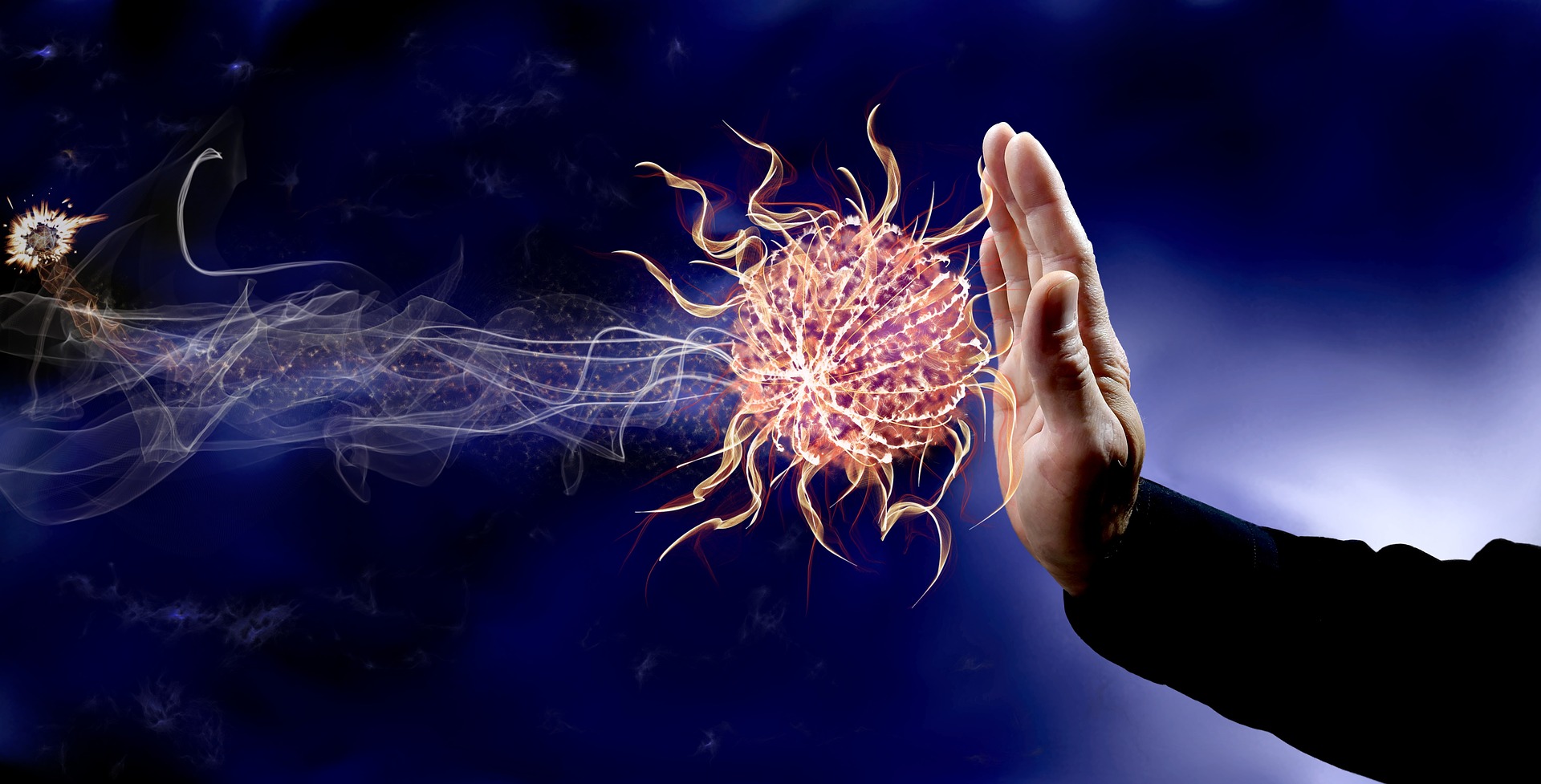You have heard about Aldous Huxley’s famous novel “Brave New World”, yet there is also an inspiring “Brave molecular world” within you. In the time of the pandemic, the immune system faces challenges. A lot of businesses too, have to cope with stressful times. We believe our brave molecular world, our immune system while defending us against germs, can also inspire us about innovation during challenging times as follows.
In our day-to-day life, scientists estimated that germs outnumber our immune system cells. There is a rough estimate that 1 defense cell may have to face 10-100 invaders. Yet, most of the days, we feel healthy, unperturbed by the molecular-level battles inside our body. While germs are always trying to sneak-in, our immune system is on guard, looking for suspicious beings and activities.
Human has two immune systems: innate and adaptive. The innate system’s soldiers collaborate and support the learning of the adaptive’s soldiers. When a germ sneaks in, our innate system’s soldier, one of them called phagocyte, will chase that germ. (Fear not, it does not have an eyeball). Then, the “hand-to-hand combat” begins. Using its pseudo arms, our phagocyte grabs and shoots various toxic chemicals to kill the germ. Throughout its life, your firm will face various unexpected challenges, including threatening competition. If you like our phagocyte modus operandi in tackling evil germs, your firm should prepare a spectrum of quick responses to defend your turf.
Next, our defense soldier meticulously chops-up the germs. It transports these chopped-up remains and communicates the findings to the adaptive immune system’s members—the B cells and T cells, for further studies. If, however, our phagocyte soldiers are overwhelmed by more formidable invaders, others immediately come to help. Ever have an inflammation? This is one of the times when your little soldiers are recruiting back-up forces, buying time for the adaptive system’s soldiers to learn about the invader and craft optimal responses. So, even in the face of an ongoing challenge, a firm needs a way to systematically and continually learn from both failures and successes. A firm also needs to devise a way for “buying time” when it needs to step back, assess the situation, and strategizing.
Our defense system is always learning new things. This “learning” happens in our lymph nodes. You can think of them as a kind of “war room,” where adaptive immune system soldiers—such as B cells and T cells learn, innovate, and strategize together to mount the best response attack. For example, the T cells, they learn to differentiate invaders from our cells and proteins so that they make no mistake in the battlefields, while the B cells always tinkering with various antibody shapes. Since the only certain thing is uncertainty, a firm needs to tinker with products and services they offer from time to time. This way, when an unexpected situation occurs, they are capable of mounting early responses and being adaptive. So, in the absence of threats, they are learning and training. And in the presence of an attack, they continue to learn from what the other soldiers report from the battlefield. In other words, they are always vigilant during both peace and wartime.
The B-cells have a lot of combinations through mutations used or not used, ready on their sleeves. They are there to prepare for whatever sneaky, cunning, germs that may unexpectedly invade. If you look at the learning process, it might look as redundant and costly. Indeed, some antibodies are used and some remain unused. But if you think about it, it is part of a successful innovation system. Whenever a novel invader attacks, the defense system can mount a rapid early version of the adaptive antibody. At the “war room” T cells continue to learn and adjust based on the success and failure of the early antibody release to craft a more specific and powerful attack against the invader.
Not only humble learners, but T cells are also experts in communication and planner. After learning from the battlefield, T cells send cytokines to most B-cells. You can think of this signal as a WhatsApp instruction that specifies exactly what kind of antibody B-cells need to start manufacturing. Next, this specific and optimal antibody will be memorized by memory T cells, so that future responses against the same pathogen will be faster.
Now, T-cells are the kind of elite soldiers who also check the battlefield. Sometime deceitful germs hide inside a cell. Sometimes these germs dress-up and trick our phagocyte into thinking that they are friends. Thus, the phagocyte will not chase and chop them. But T-cells can see the malicious germs’ scheme. Say, a virus is camouflaging and setting up a viral shop inside a host’s cell. Being hidden, the long-range antibodies can not reach these invaders. T cells can figure that out. It will come to the infected cells and have a “short-range combat” to quell these invaders.
Finally, T cells are also soldiers who are capable of making decisive difficult decisions. During short-range combat, if a cell is badly infected, the assassin T-cell will kill it with the hope of destroying all foes inside the hijacked cell and preventing further harm. If you ever had influenza, the fact that you recovered, mean your T cells have done this short-range combat and made hard decisions for you.
We hope that this op-ed not only exposes you to the extraordinary league of molecular soldiers, but also to inspire you to learn, innovate, and cooperate like them. Just as the sheer number of germs that outnumber immune system soldiers, challenges will always look huge. Yet, those immune cells never run away. So, be courageous. Fearlessness, cooperativeness, and innovativeness, they are encoded in our DNA.
–
This guest post is written by Grace Dewi. She’s a Chemical Biologist & Fulbright Presidential Ph.D. scholar in Business Strategy.











